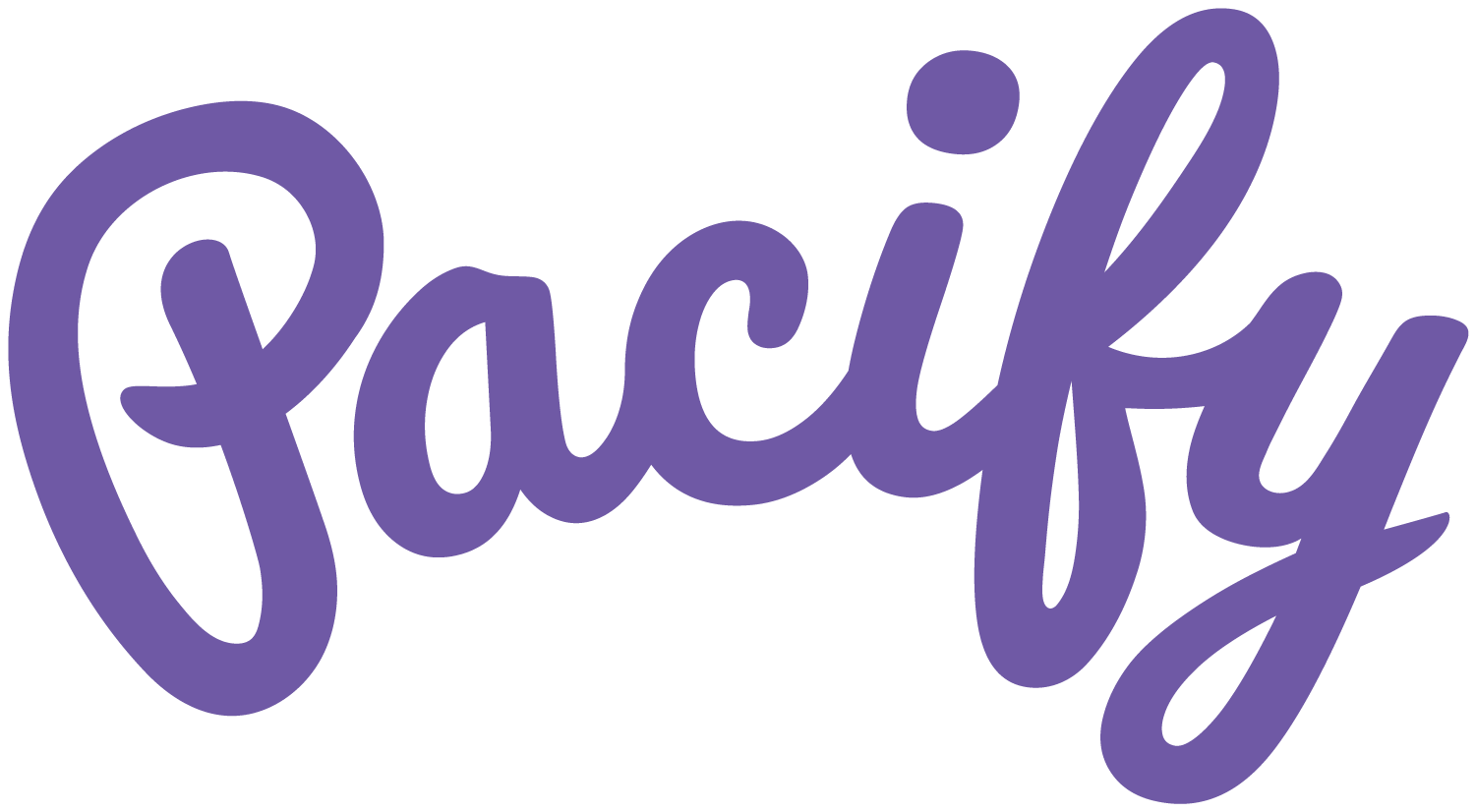
By Melanie Silverman, MS, RD, IBCLC
Far too many moms feel guilty when they have difficulty breastfeeding. Sadly, I am hearing from patients and reading on social media that some lactation consultants and healthcare professionals are contributing to the problem.
Here is the truth: Breastfeeding is one of the best ways to improve health outcomes for both moms and babies. But rather than push every mom to breastfeed at all costs, we must consider the whole health of new moms.
Prioritizing “whole health” requires putting mental health front and center. Unfortunately, according to the CDC, one out of every eight mothers in the United States experiences postpartum depression. This statistic cannot be ignored and the fact is that exclusive breastfeeding requires effort. So when it’s evident that breastfeeding is affecting a mom’s mental health, lactation consultants and healthcare providers must help mothers navigate all the feeding options.
On its healthychildren.org site, the American Academy of Pediatrics says:
If breastfeeding is helping a mom bond with her baby vs. contributing to her symptoms, then her [postpartum depression] treatment can and should be built around protecting that breastfeeding relationship. If breastfeeding is contributing to a mom's PPD symptoms, she should not feel guilty if she chooses to seek alternative forms of feeding.
I recently saw a new mom post on Instagram about an interaction she had in the hospital: "[...After] seeing the difficulty both my son and I were having, the lactation consultant said, 'Baby doesn't quit breastfeeding, mom does.’" She said that phrase stuck with her and made her feel like a failure.
This punitive approach to lactation consulting is harming new moms when they are at their most vulnerable. And maintaining a hard line about breastfeeding exclusivity without considering a mom’s whole health could put new moms off breastfeeding altogether.
Nobody wants that.
Everyone agrees that the best possible outcome is that moms breastfeed as much as possible. Healthcare providers must work with each mom to find the clinically appropriate line. Where we can help new moms maintain breastfeeding exclusivity for at least six months, we have a responsibility to do so. But whenever it seems that breastfeeding is negatively impacting whole health, we should adjust the feeding plan, even if that means considering other feeding choices.
Imagine if instead of hearing that she had “quit breastfeeding,” the mom in the hospital heard her lactation consultant say, “Your whole health matters here Mom. I will do my best to help you.” We have the power to convey the latter message, and help new moms feel the level of support they deserve.
Melanie Silverman is the Chief Clinical Officer at health technology company Pacify, which provides new parents 24/7 access to healthcare experts from their smartphones. Melanie is a pediatric registered dietitian and a board-certified lactation consultant with more than 20 years of experience in the hospital and private practice setting. She has committed her career to helping new parents access on-demand healthcare services to improve health outcomes and has built Pacify’s clinical networks from the ground up since its start in 2014.
